
2 Signs of Kidney Damage: Morning Urine Showing These Signs Means You Should See a Doctor Immediately
Pay attention to the early warning signs your body may be sending so you can take action and seek timely medical examination and treatment.
1. Colorless Morning Urine – A Sign of Abnormal Kidney Function
Normally, after a long night without food or drink, a healthy person’s first urine in the morning should be dark yellow because it is concentrated.
If you often notice that your urine is clear and colorless in the morning, this is no longer a normal sign.
Colorless morning urine may indicate that your kidneys are not properly concentrating urine. This can be a sign of diabetes insipidus or damage to the renal tubules, which reduces the kidney’s ability to reabsorb water.
If this condition persists, it can lead to electrolyte imbalances, dehydration, and impaired kidney function. Therefore, if your urine remains clear for many days, you should visit a medical facility for an early kidney function test.
2. Foamy Morning Urine – A Warning Sign That the Kidneys Are “Leaking” Protein
Another warning sign to pay attention to is foamy urine, especially if the foam is abundant and takes a long time to disappear.
A small amount of foam caused by a strong urine stream is normal. However, if you notice persistent foamy urine, especially in the morning, and the foam doesn’t dissipate after a few minutes, this is an abnormal sign.
The most common cause is kidney damage, particularly damage to the glomerular membrane, which allows protein to leak into the urine. In medicine, this condition is called proteinuria.
If proteinuria is not detected and treated early, it can silently damage kidney function, leading to complications such as swelling (edema), high blood pressure, and chronic kidney failure.
If you notice persistent foamy urine, you should undergo a 24-hour urine test and check your urinary protein levels to determine the proper treatment.
3. Frequent Nighttime Urination in Young People – Don’t Ignore It
Nocturia (frequent urination at night) is common among the elderly due to aging, which reduces the kidneys’ ability to concentrate urine overnight.
However, in young people, if you do not take diuretics or drink a lot of water in the evening but still urinate more than twice a night, you should suspect kidney function abnormalities or endocrine disorders.
Possible causes include early-stage kidney failure, diabetes, bladder dysfunction, urinary tract infections, or tubular damage.
If nighttime urination continues for several days and affects your sleep quality, you should visit a Nephrology–Urology specialist to identify the cause and receive timely intervention.
The kidneys play a vital role in maintaining internal balance, filtering blood, and excreting toxins. However, kidney damage often develops silently and is usually detected only when it has reached an advanced stage.
Therefore, paying attention to even small changes in your body—especially in your urine, which acts as a “mirror” reflecting kidney health—is extremely important.
If you frequently experience any of the following signs: colorless morning urine, persistent foamy urine, or frequent nighttime urination at a young age, do not delay—get your kidney function checked as soon as possible.
Protecting your kidneys means protecting not only your urinary system but also your overall quality of life.
News in the same category

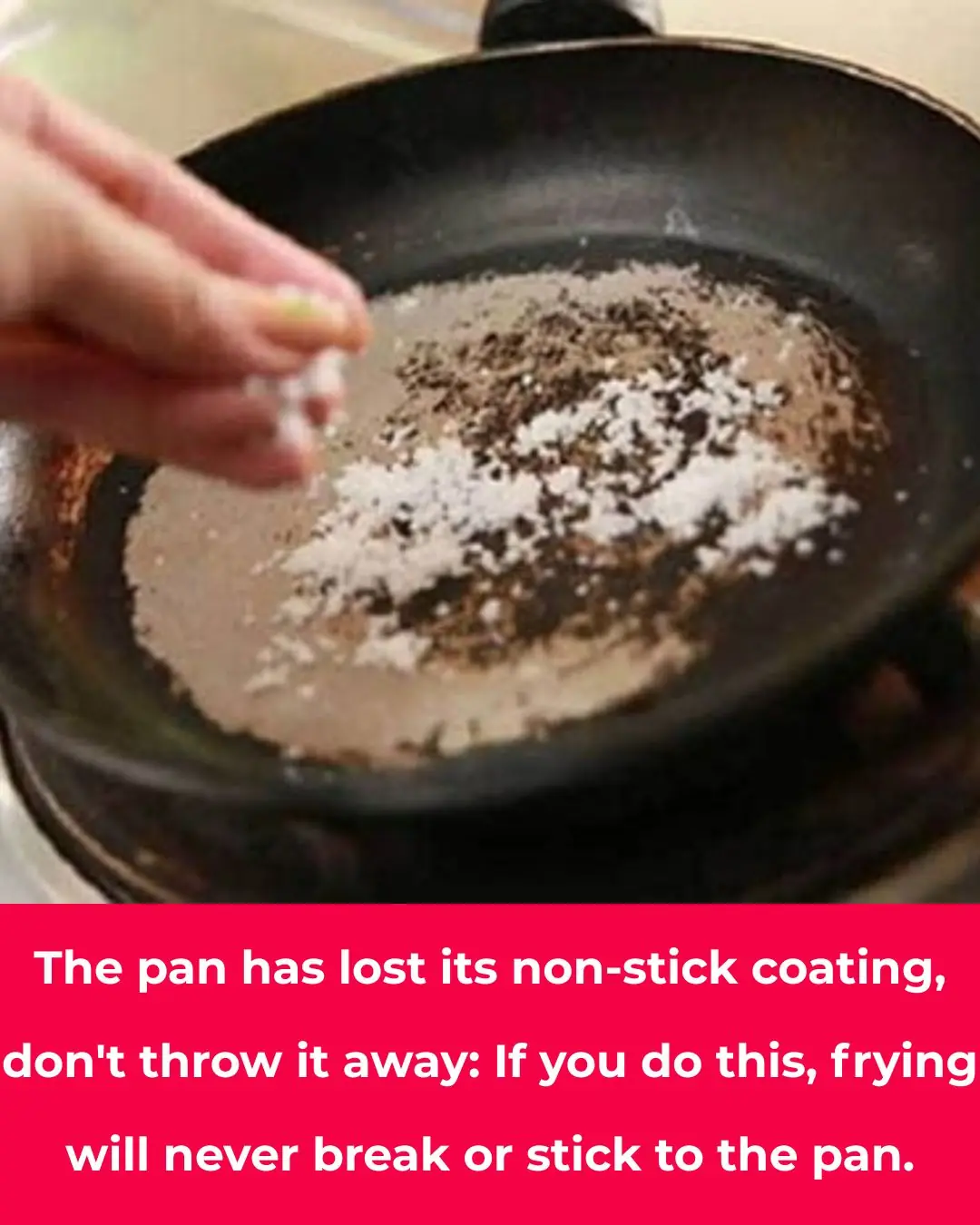
The pan has lost its non-stick coating, so don't throw it away

Boil green bananas this way

Why Flight Attendants Often Carry a Banana on Board: The Surprising Benefits

Don’t Toss Your Lemon Peels! 8 Smart Ways to Save Money and Make Life Easier

Why Sleeping in Socks Might Be the Secret to Better Sleep

The secret to making your own tomato sauce at home

Throat Pain Leads to a Shocking Diagnosis: Man Discovers Late-Stage Stomach Cancer and Blames Two Hidden “Culprits” in His Kitchen

Saw This Trick For Oven Cleaning

The secret to making tomato sauce at home, cheap and delicious, no additives

The garden has 4 plants. Rắn mê loves them so much, but if you want the whole family to be safe, you should pull them out immediately.
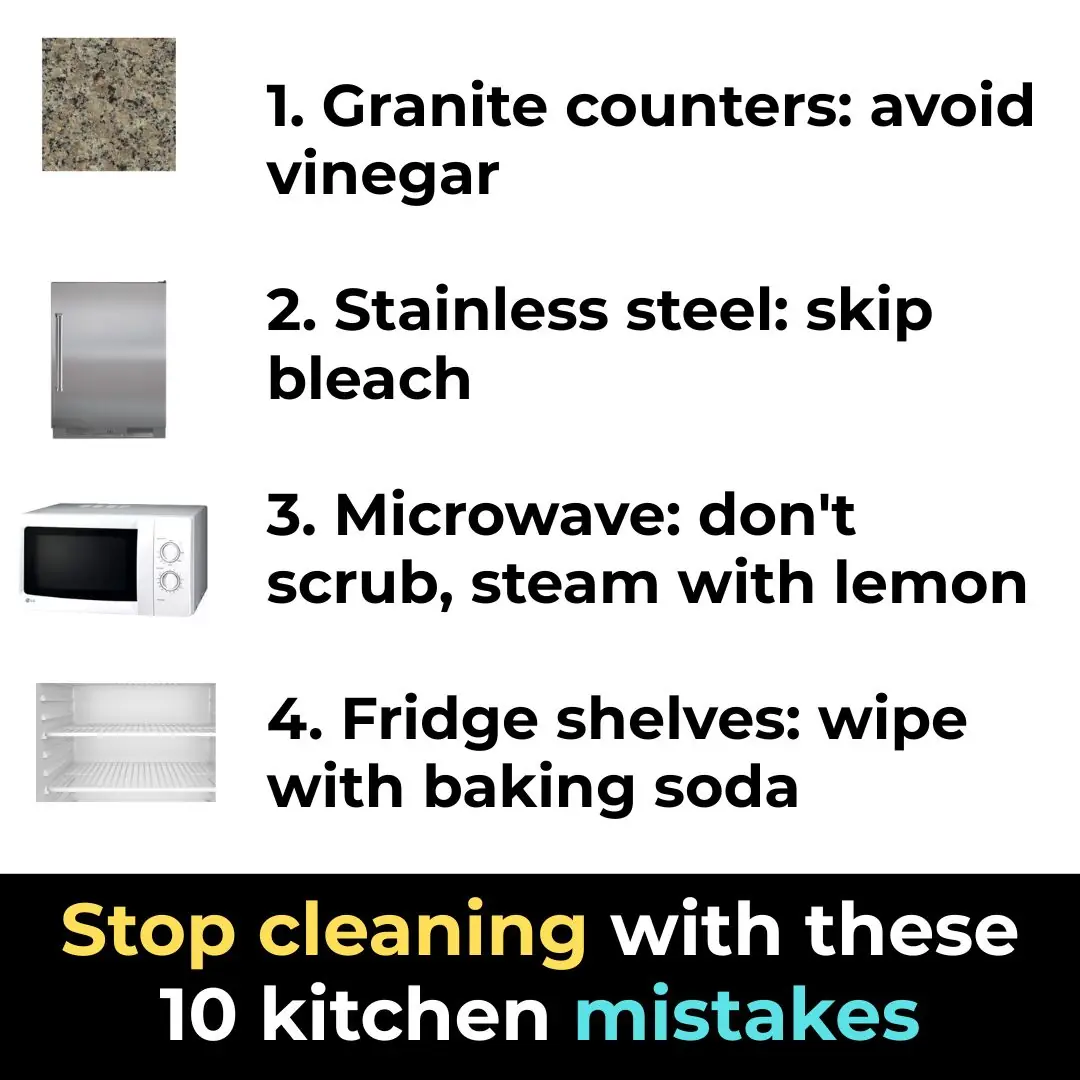
Stop cleaning with these 10 kitchen mistakes

Tips to help hair grow faster, reduce hair loss, and make it shiny by washing your hair with beer

Stop refrigerating these 10 condiments

Put an empty plastic bottle in the washing machine, I admit the person who came up with this trick has a "top notch" IQ

Too many geckos in the house, here's a little trick to make them 'go away and never come back'

You're doing it all wrong. Here’s the right way to store herbs
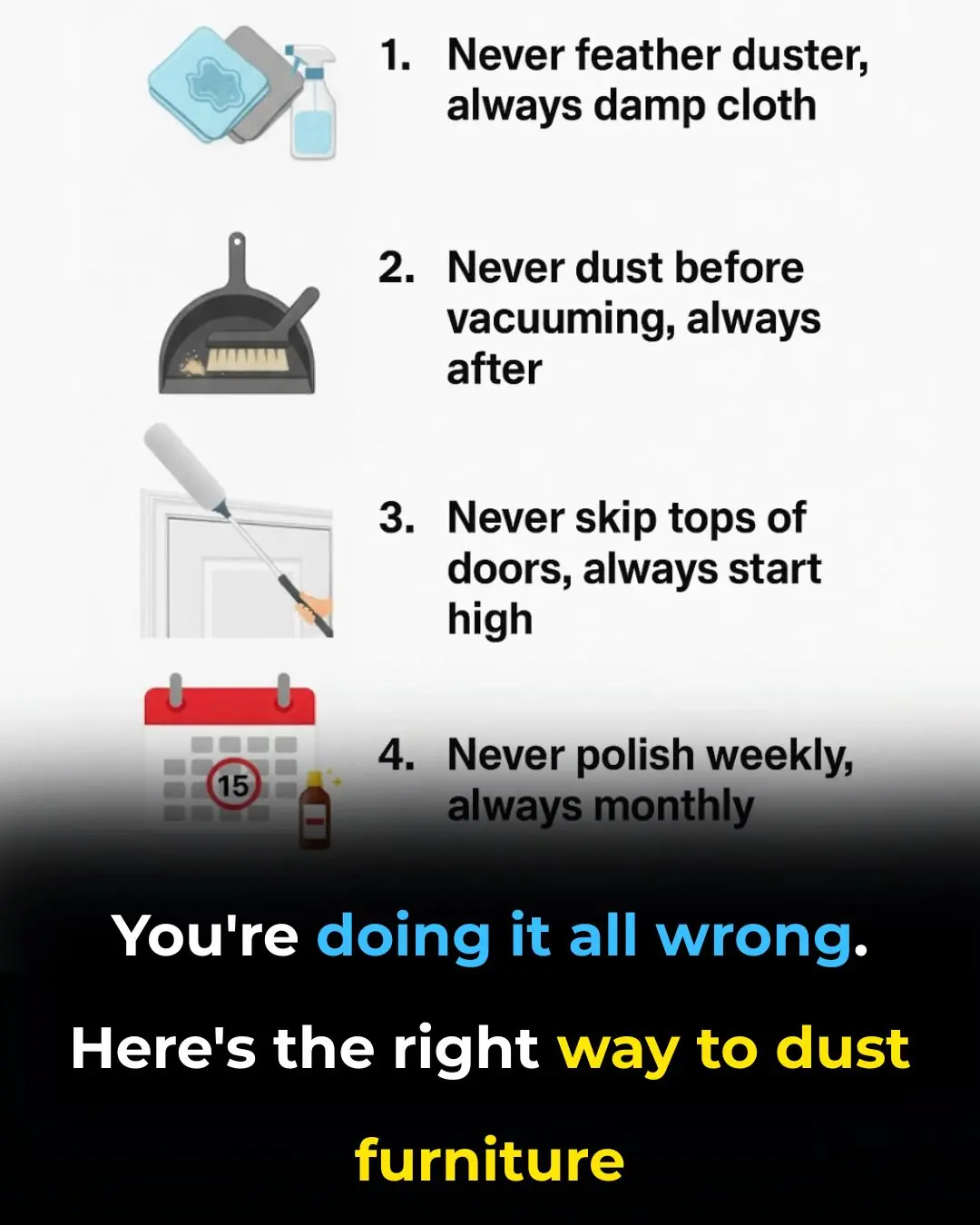
You’re doing it all wrong. Here’s the right way to dust furniture

Help! My 8-year-old was bitten by this strange bug, and I’m really worried. My sister-in-law nearby has seen similar ones. Any idea what it is?
News Post
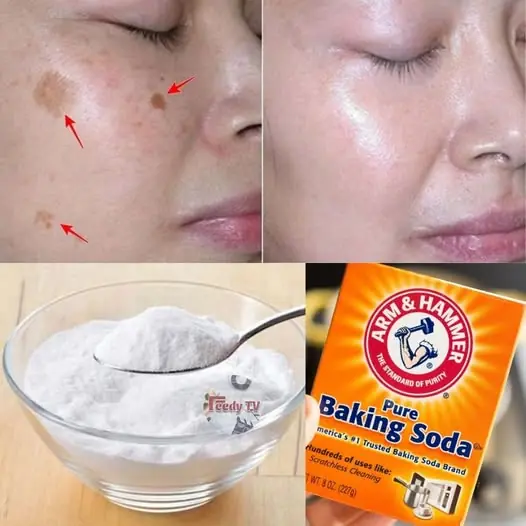
4 Ways To Erase Age Spots with Baking Soda for Youthful Even Skin

How to cook sticky rice without soaking the rice overnight

The pan has lost its non-stick coating, so don't throw it away

After receiving the ashes of a deceased person, you should know this...

🔧 What the Little Button on Your Seat Belt Really Does – A Tiny Feature With a Big Purpose 🚗✨

The one thing 98.7% of people do to lower blood pressure without medication

Boil green bananas this way

Why Flight Attendants Often Carry a Banana on Board: The Surprising Benefits

Turmeric dosage: this is how much turmeric you actually need to eat for arthritis, cancer and other diseases

Don’t Toss Your Lemon Peels! 8 Smart Ways to Save Money and Make Life Easier

Why Sleeping in Socks Might Be the Secret to Better Sleep
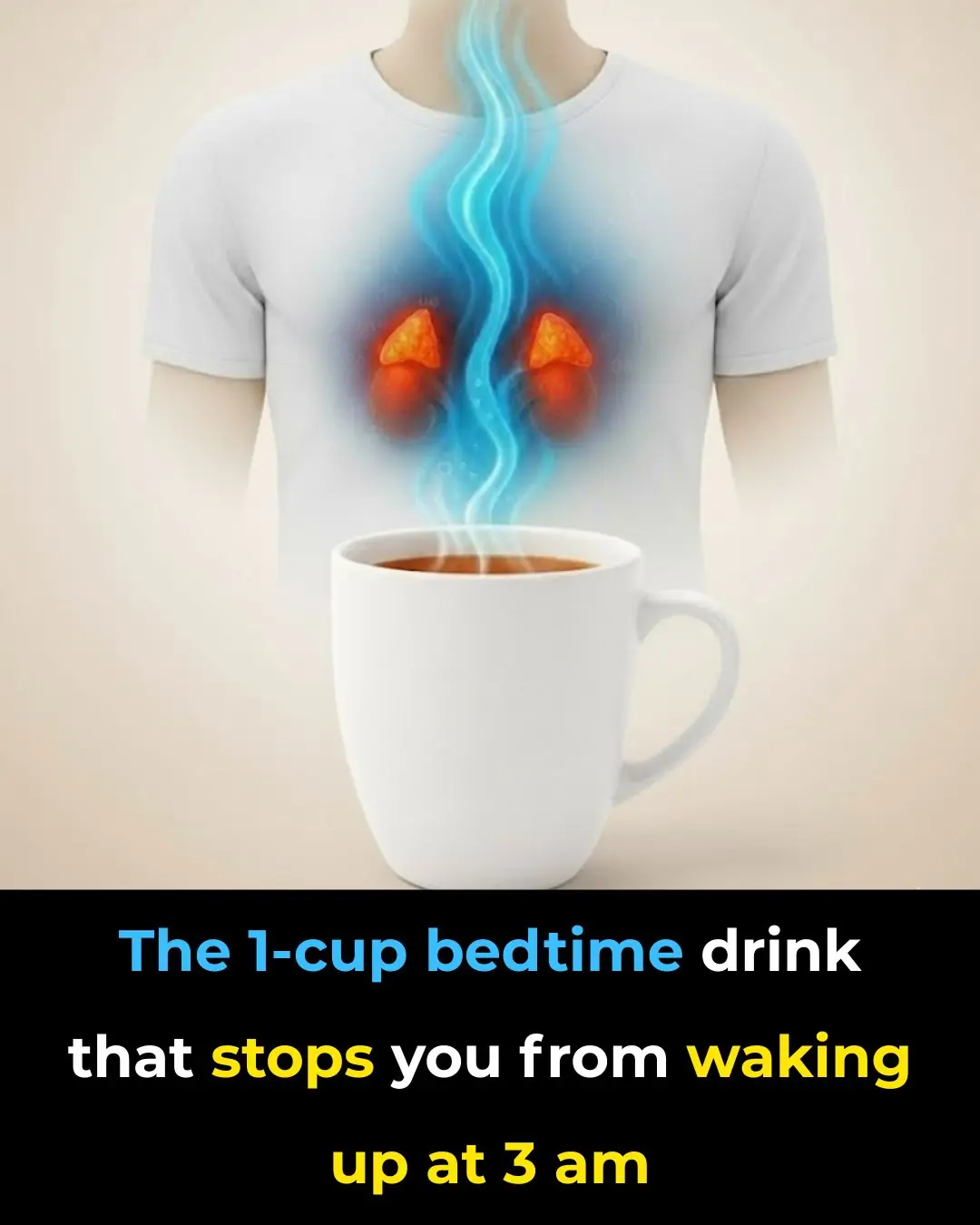
The 1-cup bedtime drink that stops you from waking up at 3 AM

How to Use Guava to Care for Your Eyes: Natural Remedies That Surprise 🌿

The secret to making your own tomato sauce at home

Why Hot Dogs and Processed Meat Might Be the Most Dangerous Foods of All Time
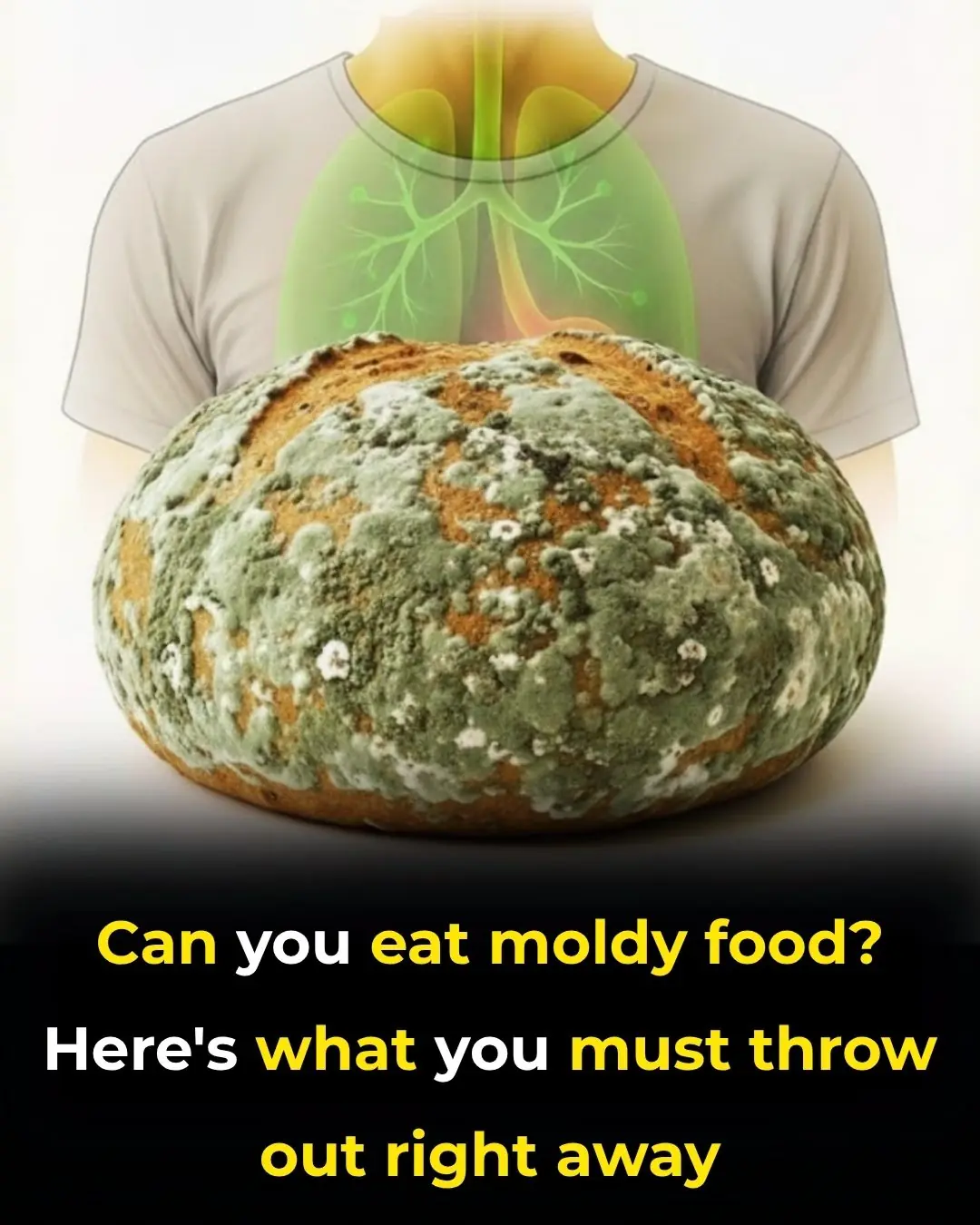
Can you eat moldy food? Here’s what you MUST throw out.

Cancer hates these 6 fruits—eat them to fight back!

New Food Stamp Rules Start in November...
“Now this method is so clever! Wish I thought of it!”
